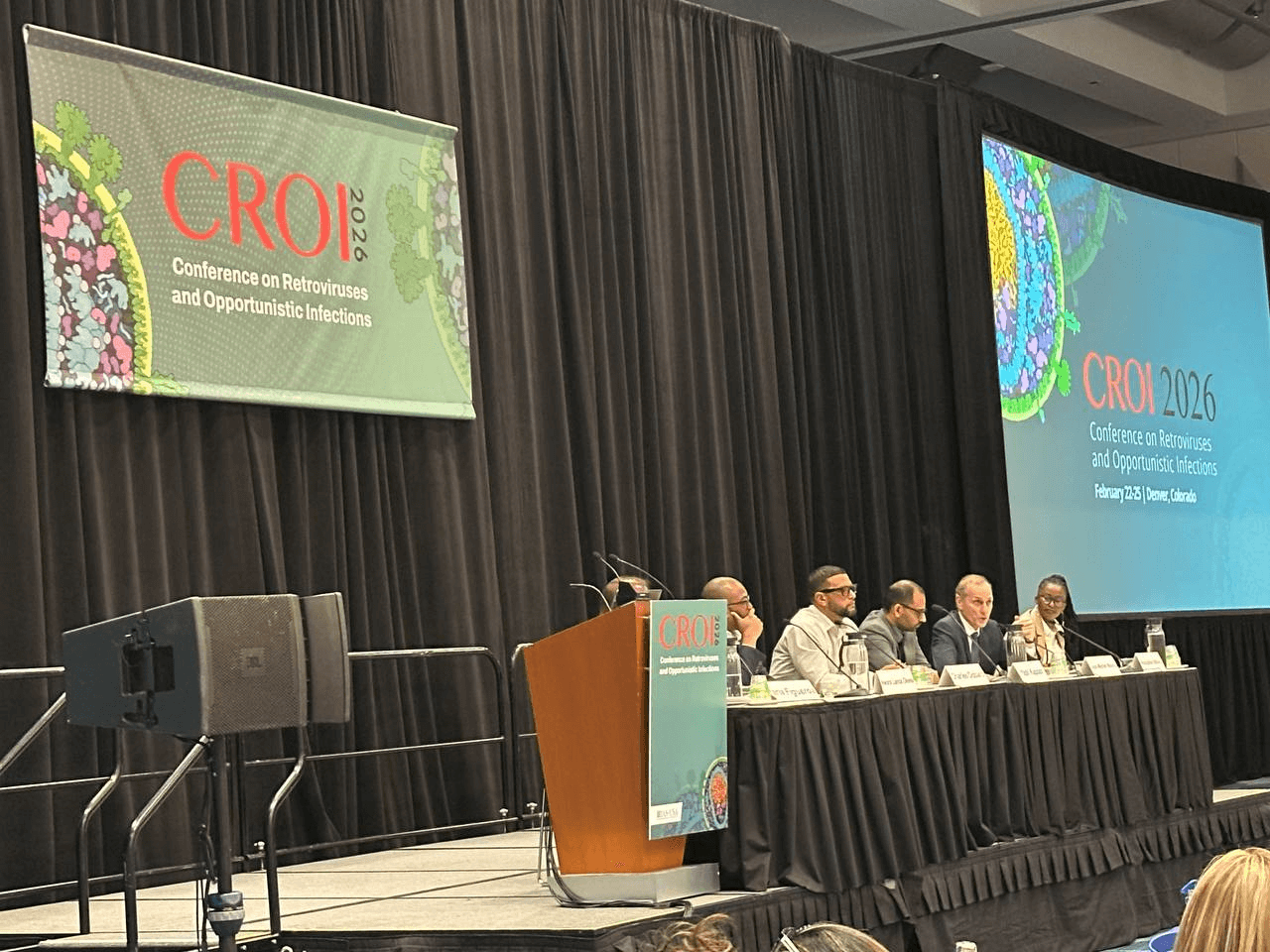Scientists have proposed a fundamentally new way of blocking HIV reactivation in affected cells

Most studies of HIV infection are currently centered around the treatment and prevention of the virus, writes the portal YaleNews. But until now, specialists know little about how the body resists HIV after infection.
Given this, a group of microbiologists from Yale University decided to study in more detail some of the mechanisms of immunity in the fight against the virus. In particular, scientists conducted a study that showed the importance of the work of one of the proteins of the immune system, which can completely block HIV reactivation.
The results of the work were published in January in the journal PNAS.
A team of microbiologists led by Dr. Manabu Taura analyzed a group of T-cells affected by HIV. Scientists, observing the effect of gene modification, expected either to carry out a so-called. overexpression of the protein Apobec3A (A3A), which is known to suppress HIV at an early stage, or “knock out” it from the cell.
In the course of their work, they found that A3A, by binding to the DNA region of HIV, which is responsible for the reproduction of the virus, blocks its reactivation, and instead of maintaining its spread, attracts a complex of enzymes that inhibit HIV. The results were later confirmed by a series of experiments on infected human T-cells.
Scientists note that the conclusions they draw from the A3A study are a potential source of a fundamentally new HIV therapy.
“This [Apobec3A protein, - Ed.] Can be a good target for blocking HIV, which is already integrated into cells,” says one of the study's co-authors, Dr. Akiko Iwasaki.
“If we can find a way to express A3A in latently infected cells, we will probably block HIV reactivation.” [...] If infected cells in HIV patients fail to express viral genes, [we can say that] there is no infection. ”



